Fertilization
Flowers and plants change pots mainly because the soil of potted flowers is limited. Before long, the nutrients in the soil will be consumed by flowers and plants. Therefore, it is necessary to give flowers and plants new and fertile soil. If we can ensure the nutrients in the soil of flowers and plants, changing pots is not so important
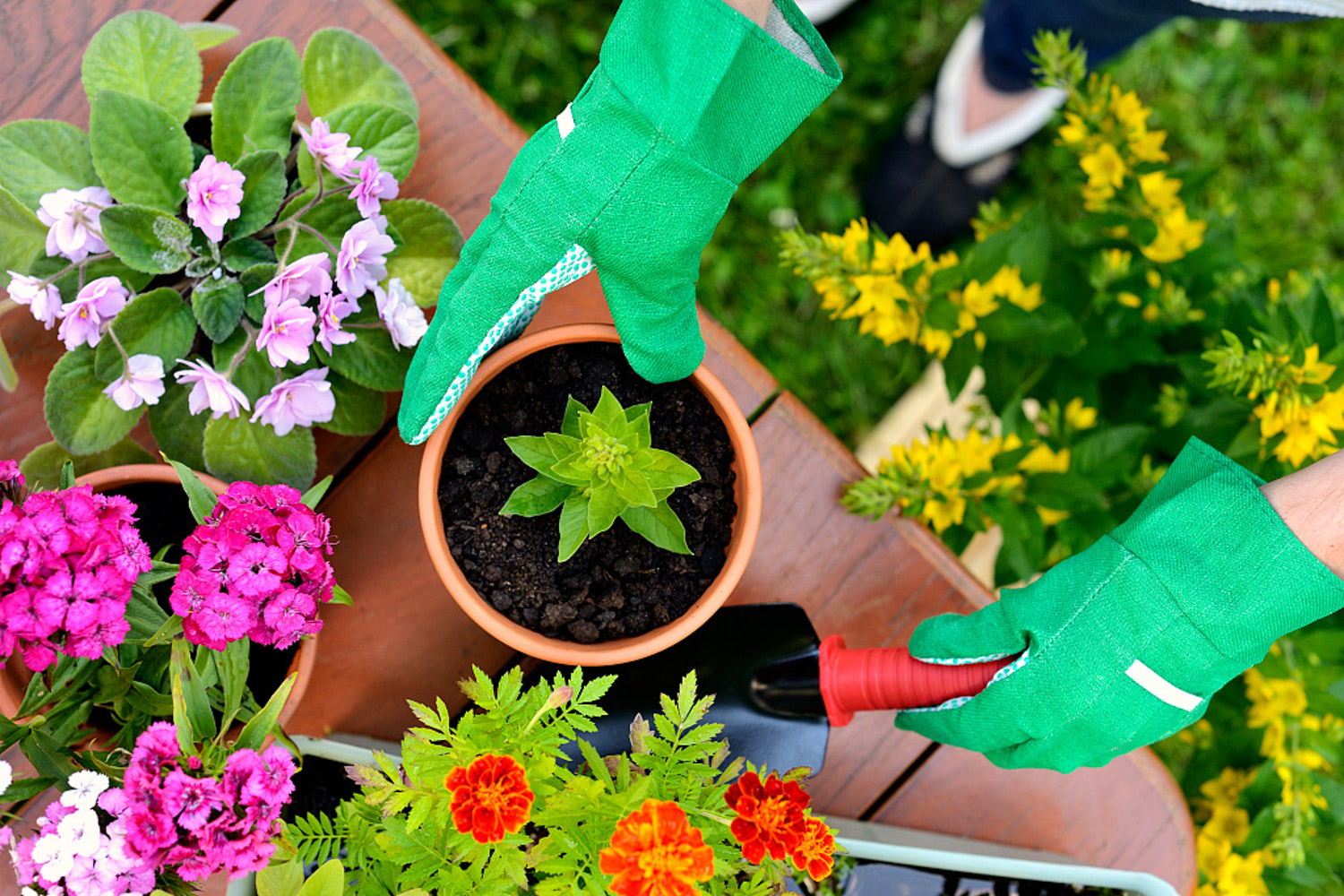
(source: life tips)
Liquid fertilizer
Liquid fertilizer can be purchased or homemade. Home made liquid fertilizer is mainly mixed with organic matter and water, sealed and fermented in the sun. It can be fermented successfully in about two or three months
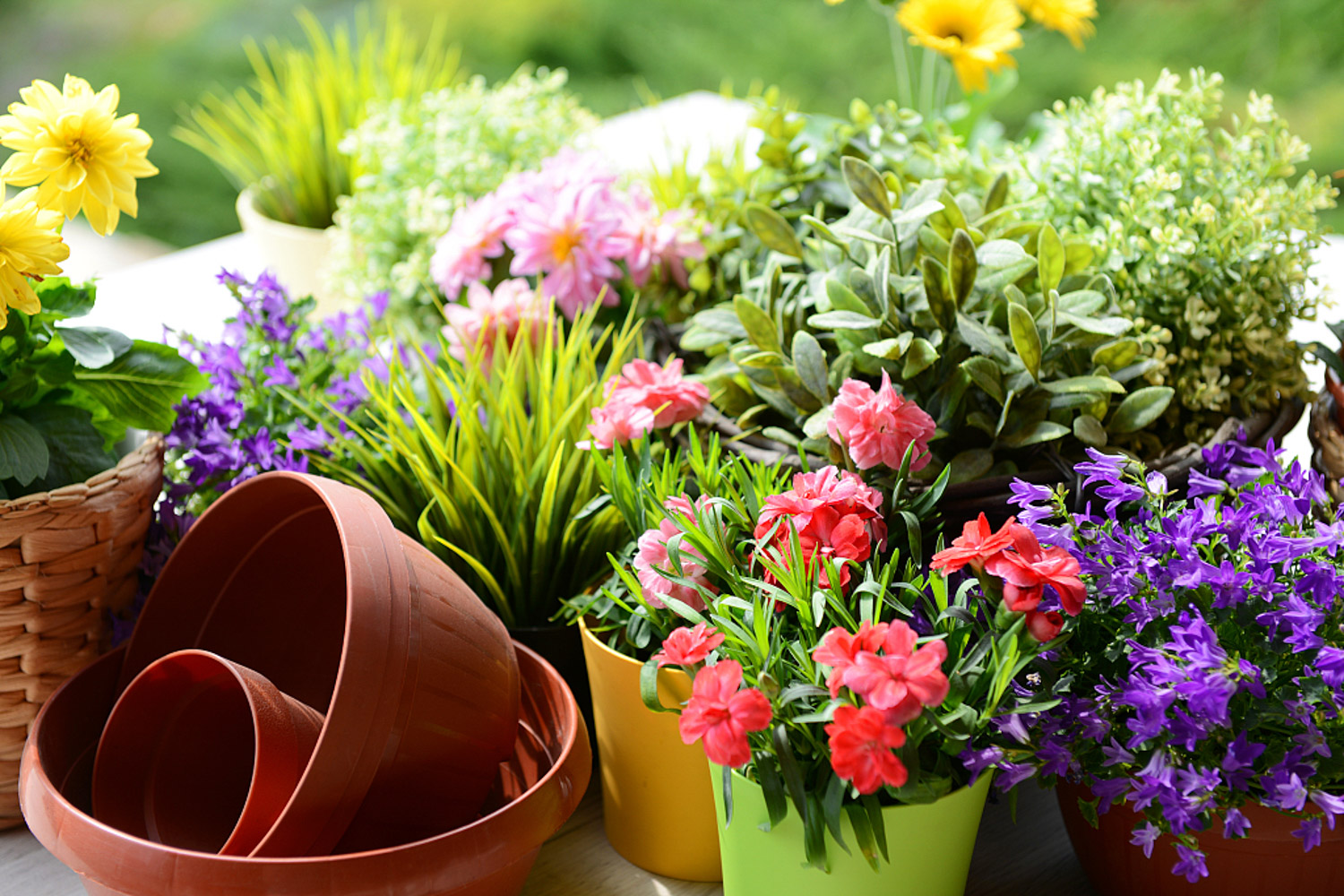
(author: Little Tadpole source: Sina blog)
Steps:
1. Chop up household kitchen waste. This kitchen waste can be fruit peel, vegetable leaves, soybean milk residue, leftover chicken bones, fish bones, bean cakes, peanut cakes, etc
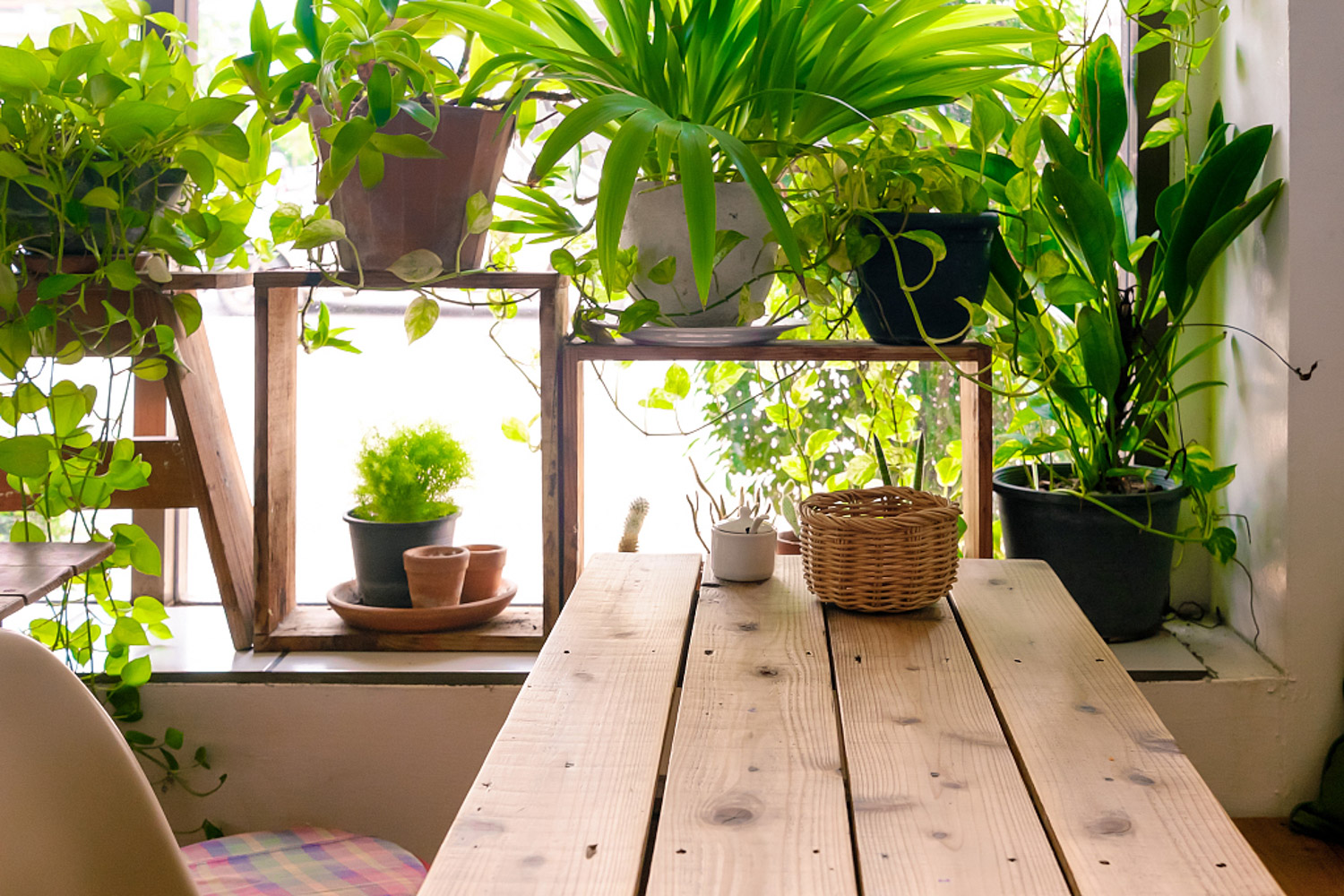
(author: catkins ay source: Sina blog)
2. Find a clean, well sealed bottle and put the shredded garbage in
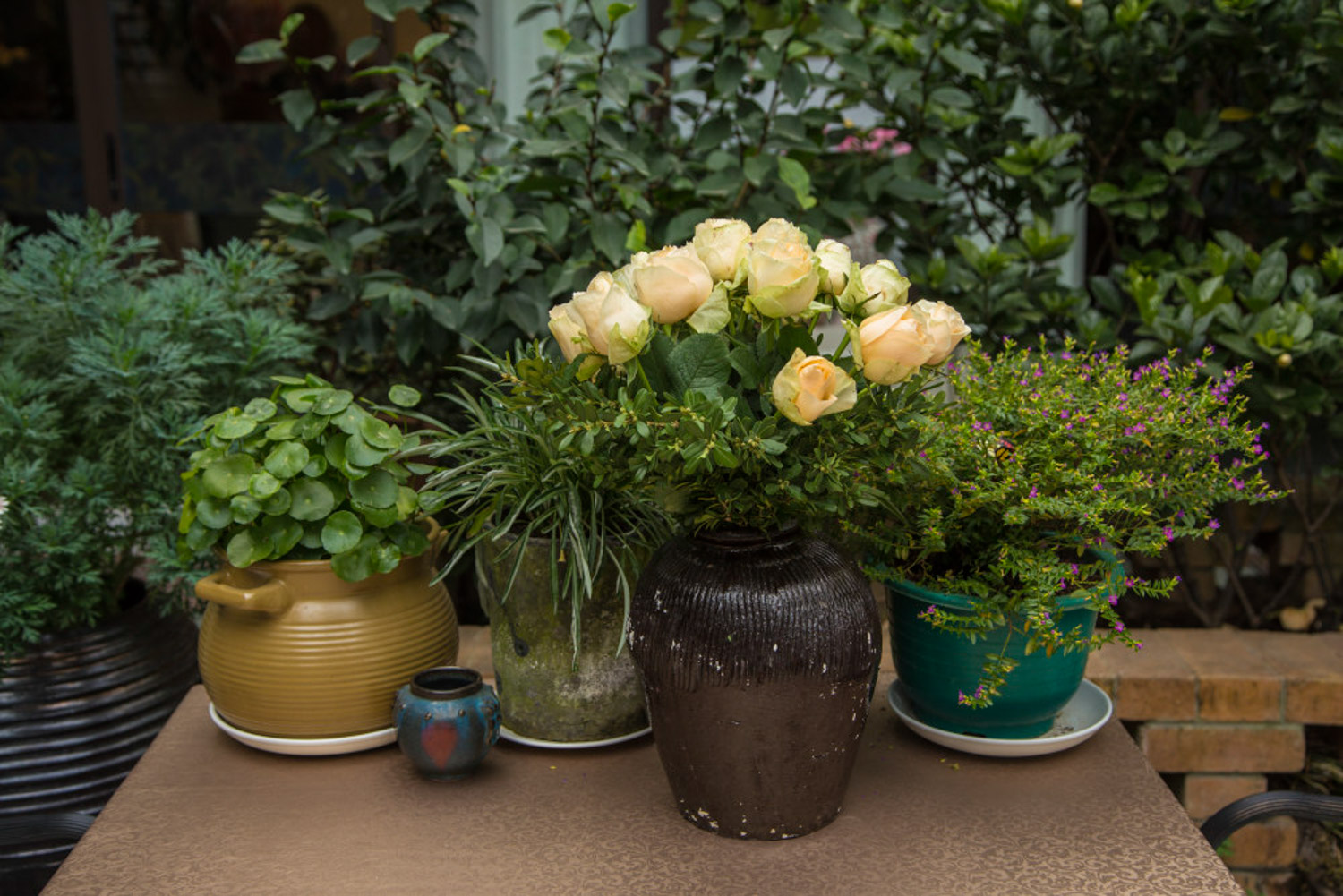
(author: Shangshan Ruoshui Cong dad source: Sina blog)
3. Fill the bottle with water and put it in the sun for about 3 months. If you want to ferment faster, you can add some Campbell starter (anaerobic type)
Some people say that some rock sugar, white sugar or black sugar can also be added. They can also play a certain role in fermentation, but the effect is not as good as special starter
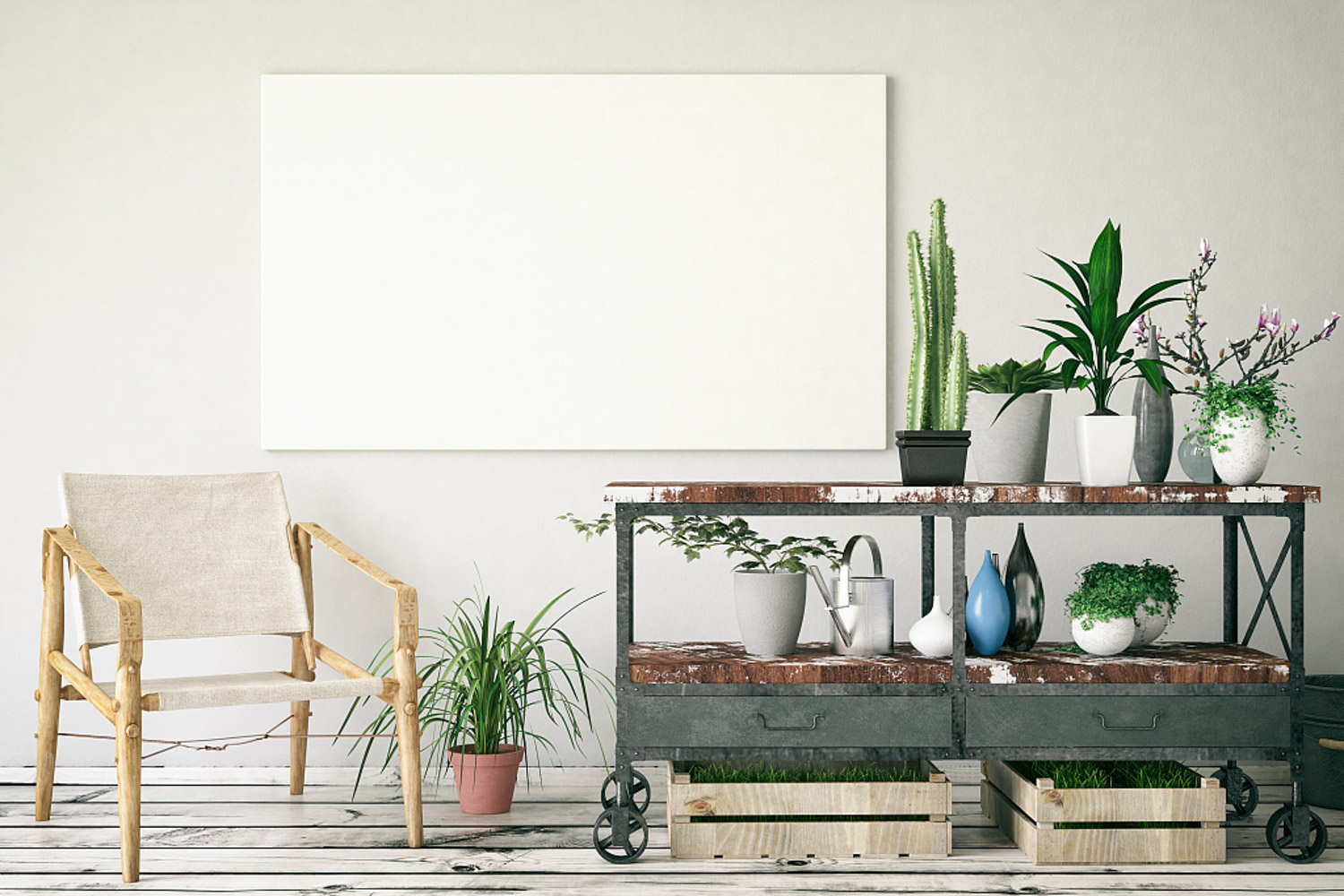
(author: catkins ay source: Sina blog)
4. When in use, take the supernatant, dilute it according to the ratio of 1:100, and then conduct root irrigation
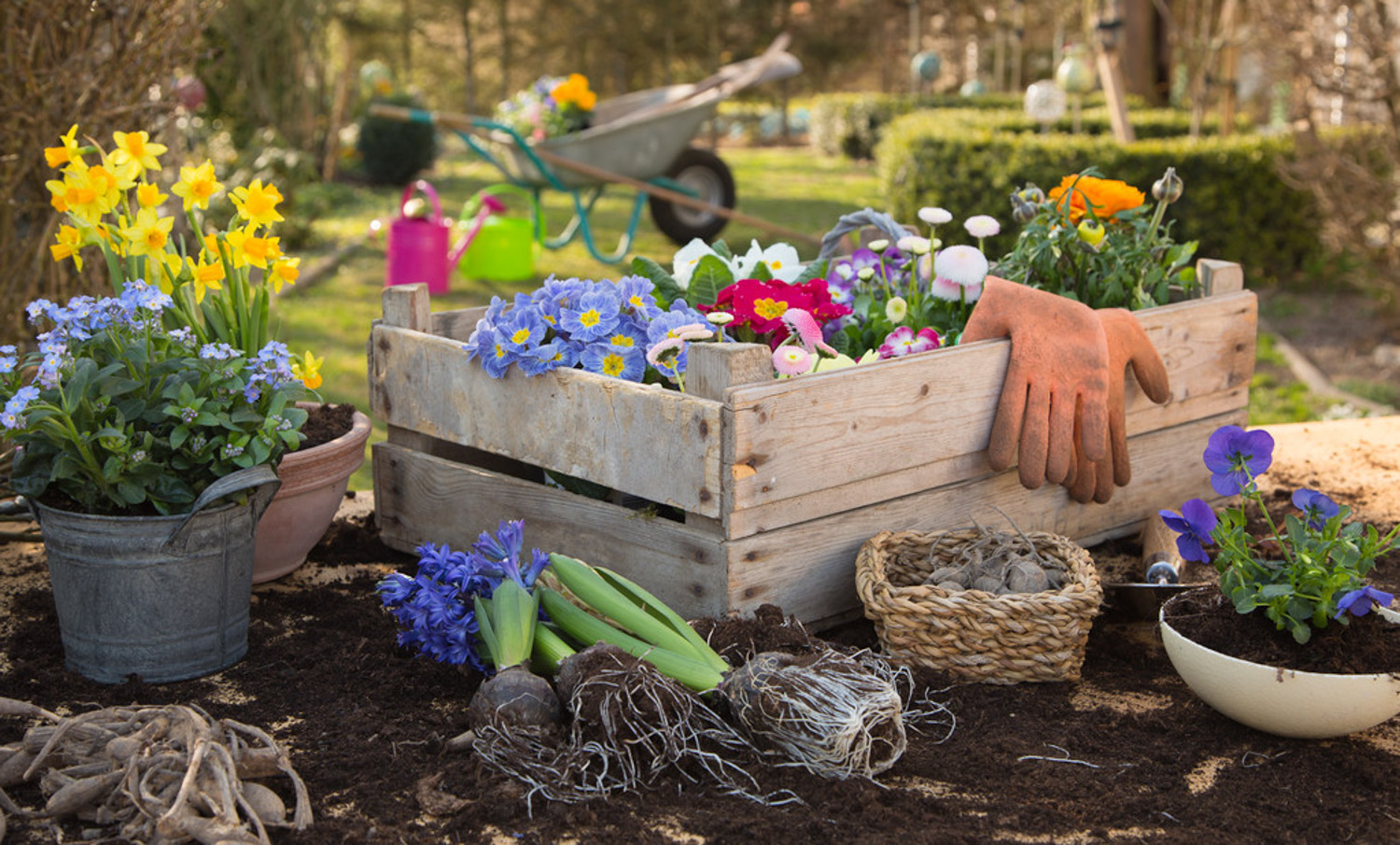
(source: China Garden Network)
Slow release fertilizer
Slow release fertilizer can release nutrients slowly without causing root burning. It is very suitable for flower friends who don't like frequent fertilization
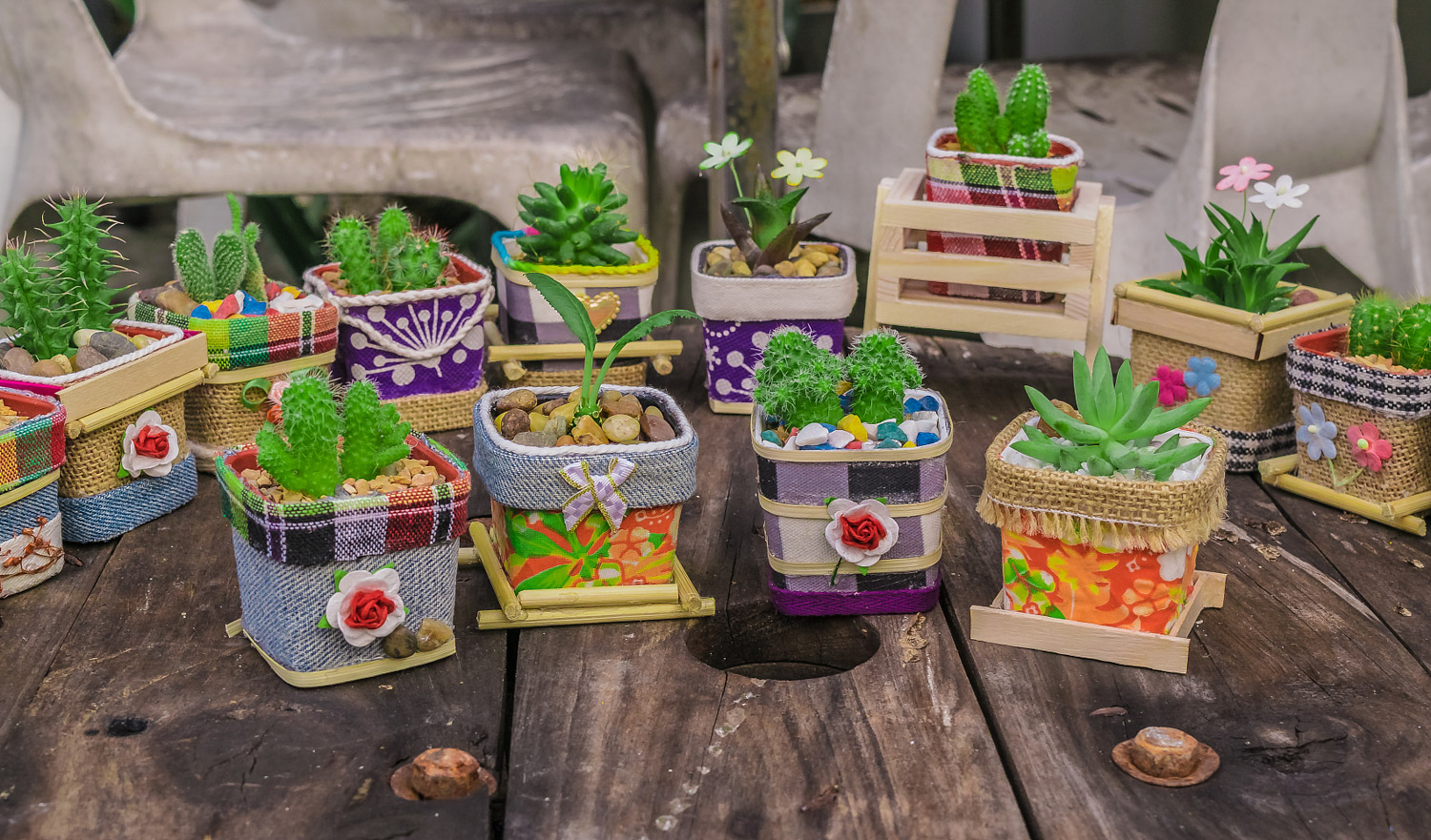
(source: made in China)
Steps:
1. Dig a small hole in the basin soil, about 5 or 6 cm deep
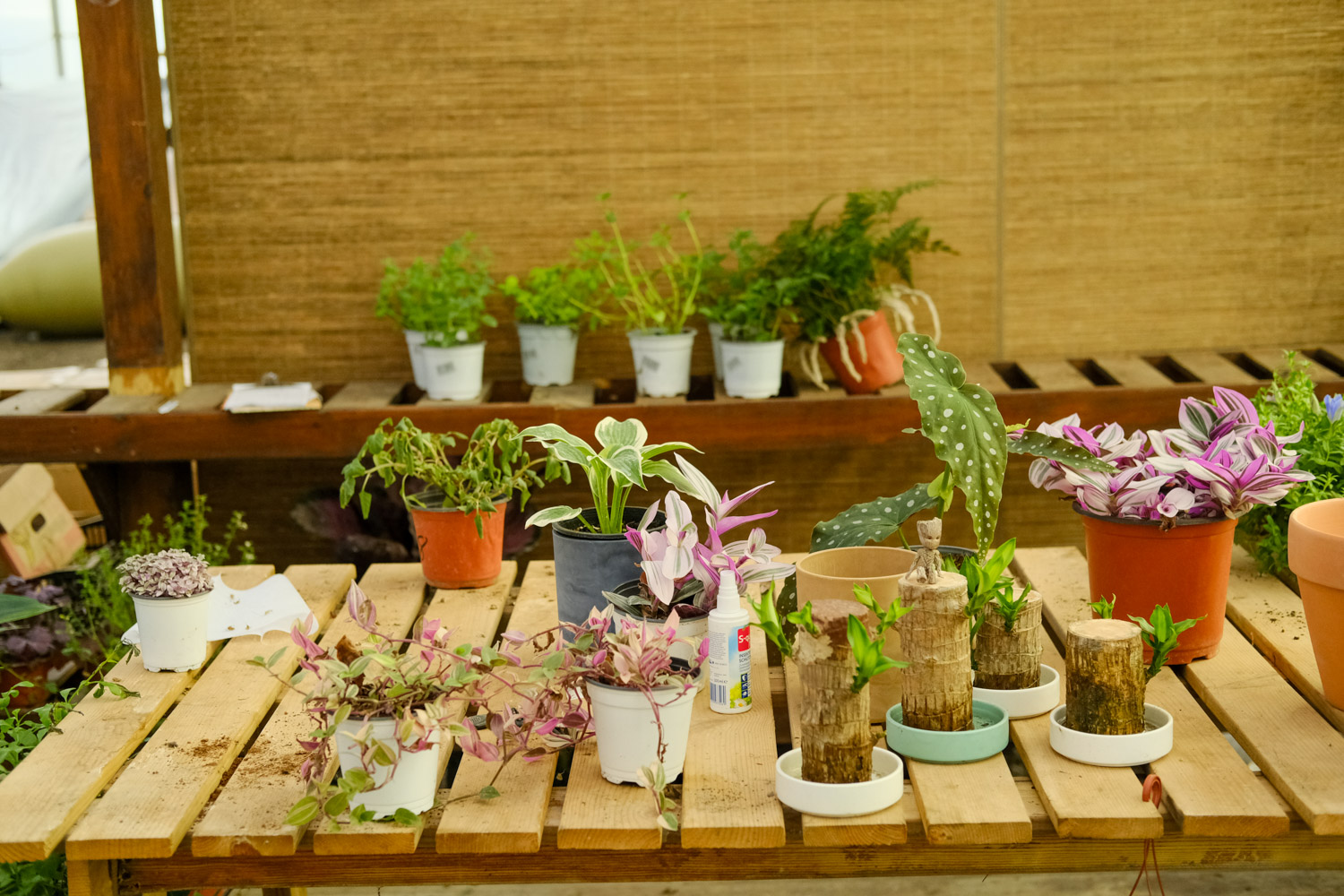
(author: 1286817728 source: HuaBa)
2. Put in 7 or 8 slow-release fertilizers and bury them again
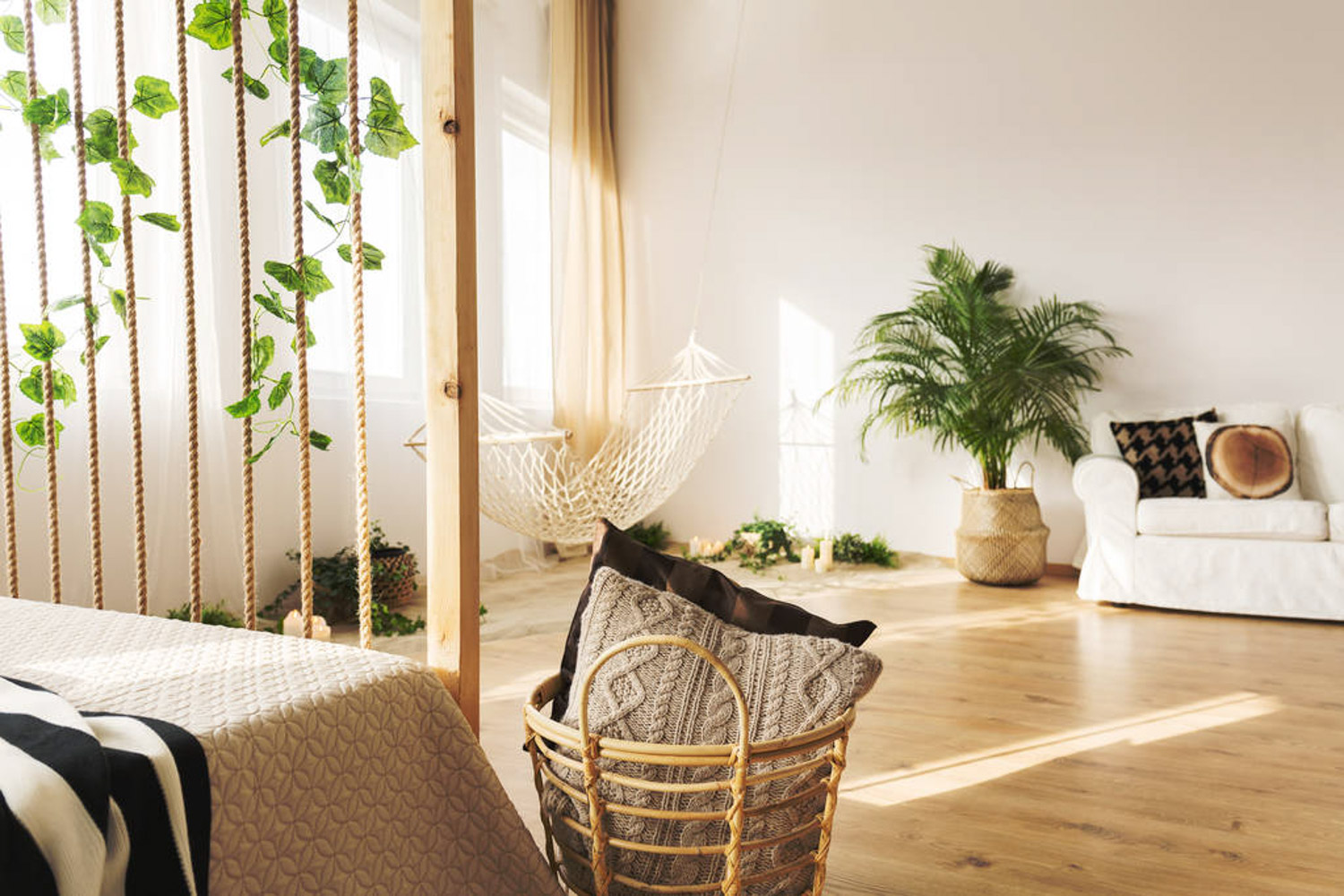
(author: 735129469; source: call me brother 73)
Base fertilizer
The above two fertilization methods are topdressing, and flower friends can also add some base fertilizer when putting on the pot
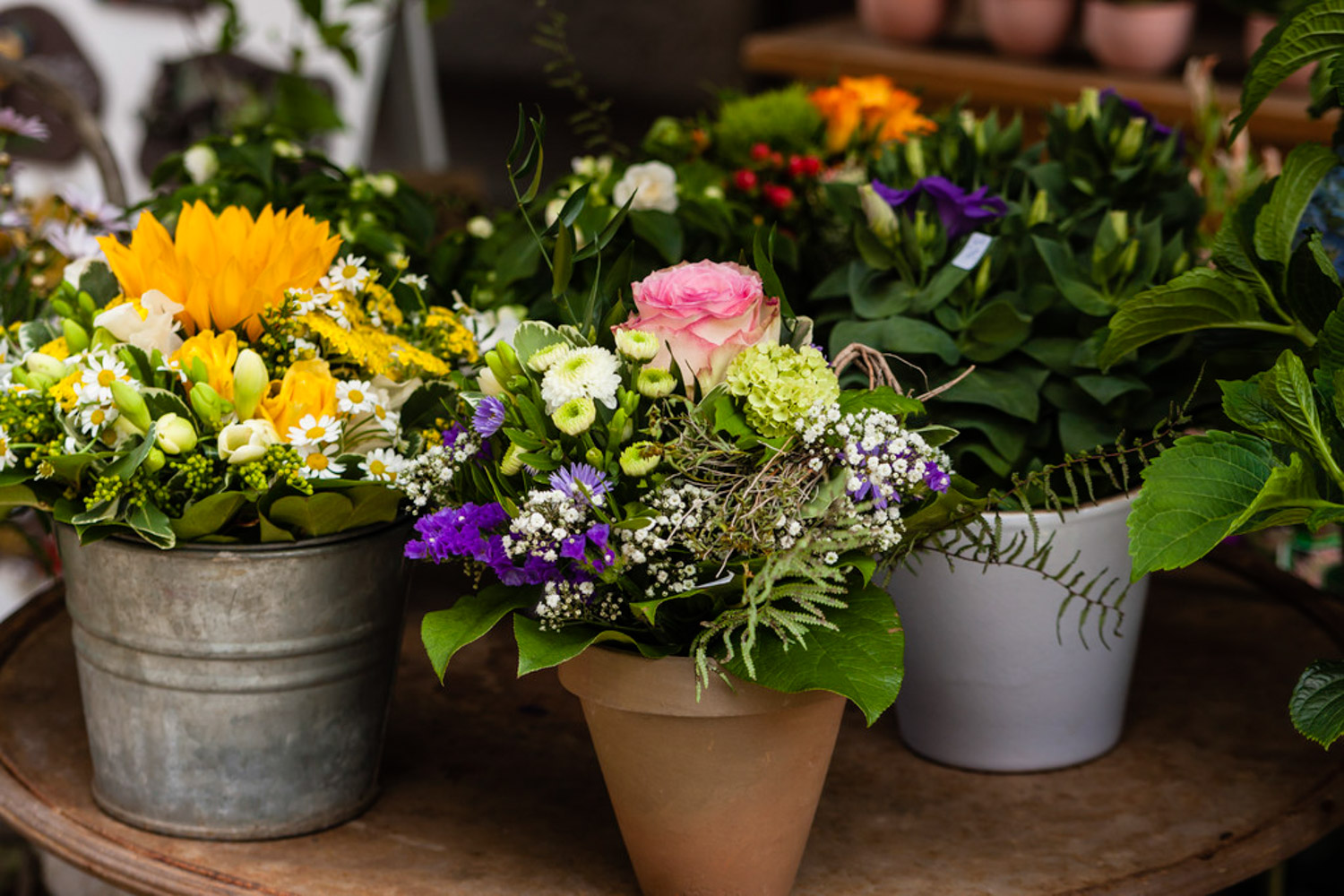
(author: Shao Hongxia)
Steps:
1. The base fertilizer can be compound fertilizer or the solid part of self-made fertilizer
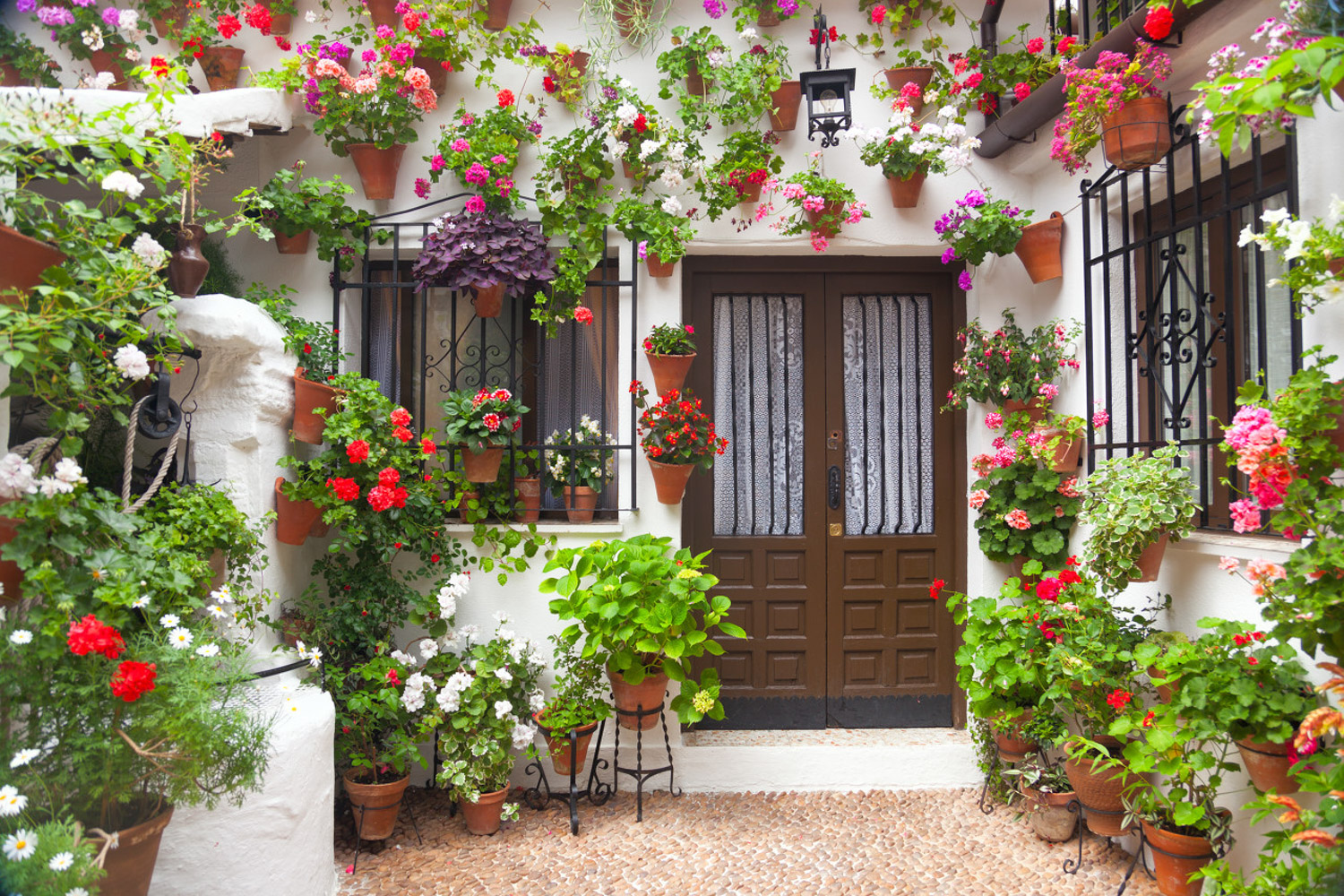
(source: ha ha Le toys)
2. The fertilizer is mixed with a part of nutrient soil and laid on the bottom of the flower pot
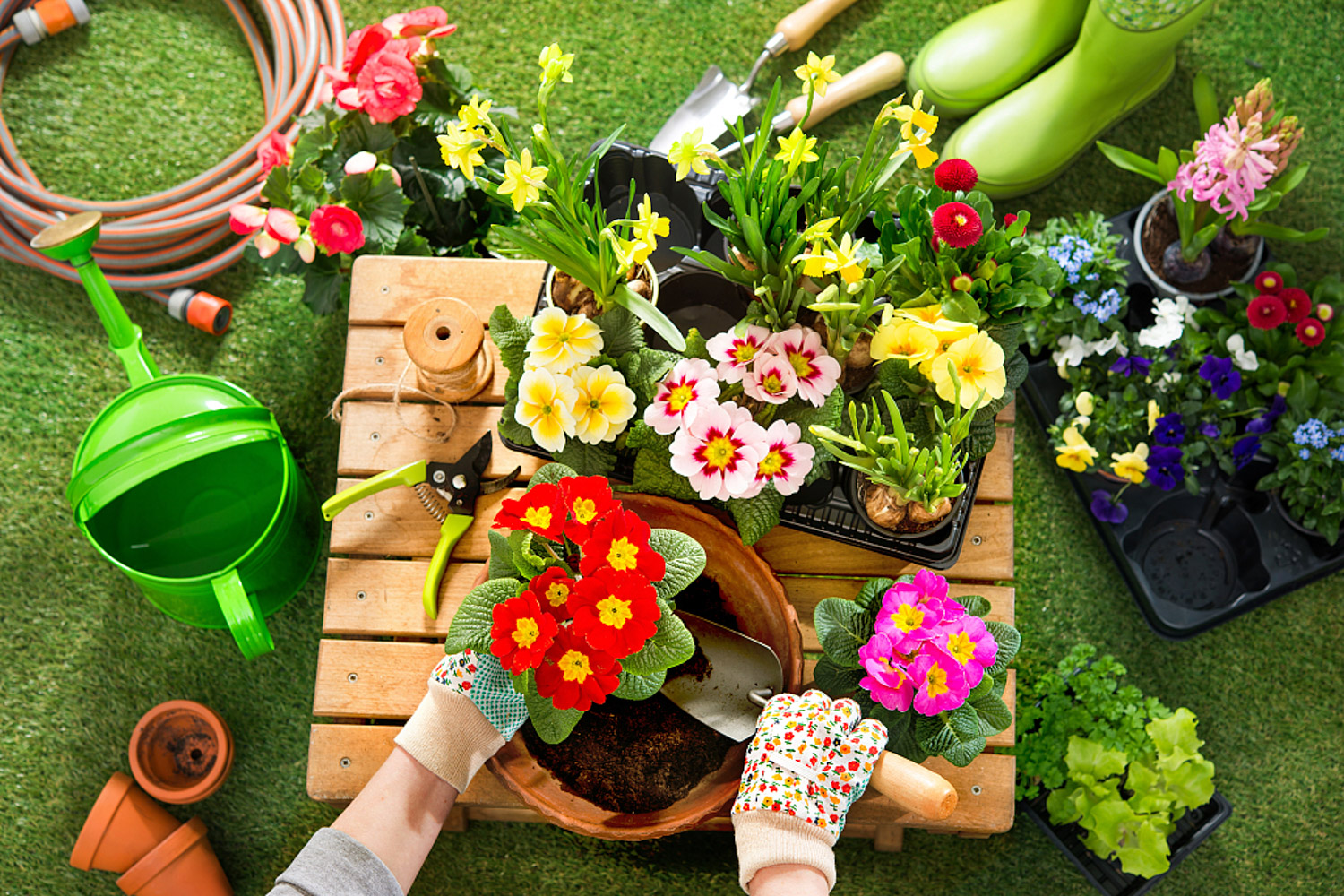
(author: Du Niang's garden and kitchen source: Baidu experience)
3. After spreading another layer of soil, hold the flowers on the basin, gently shake the plants to fill in the soil, and finally compact the soil by hand
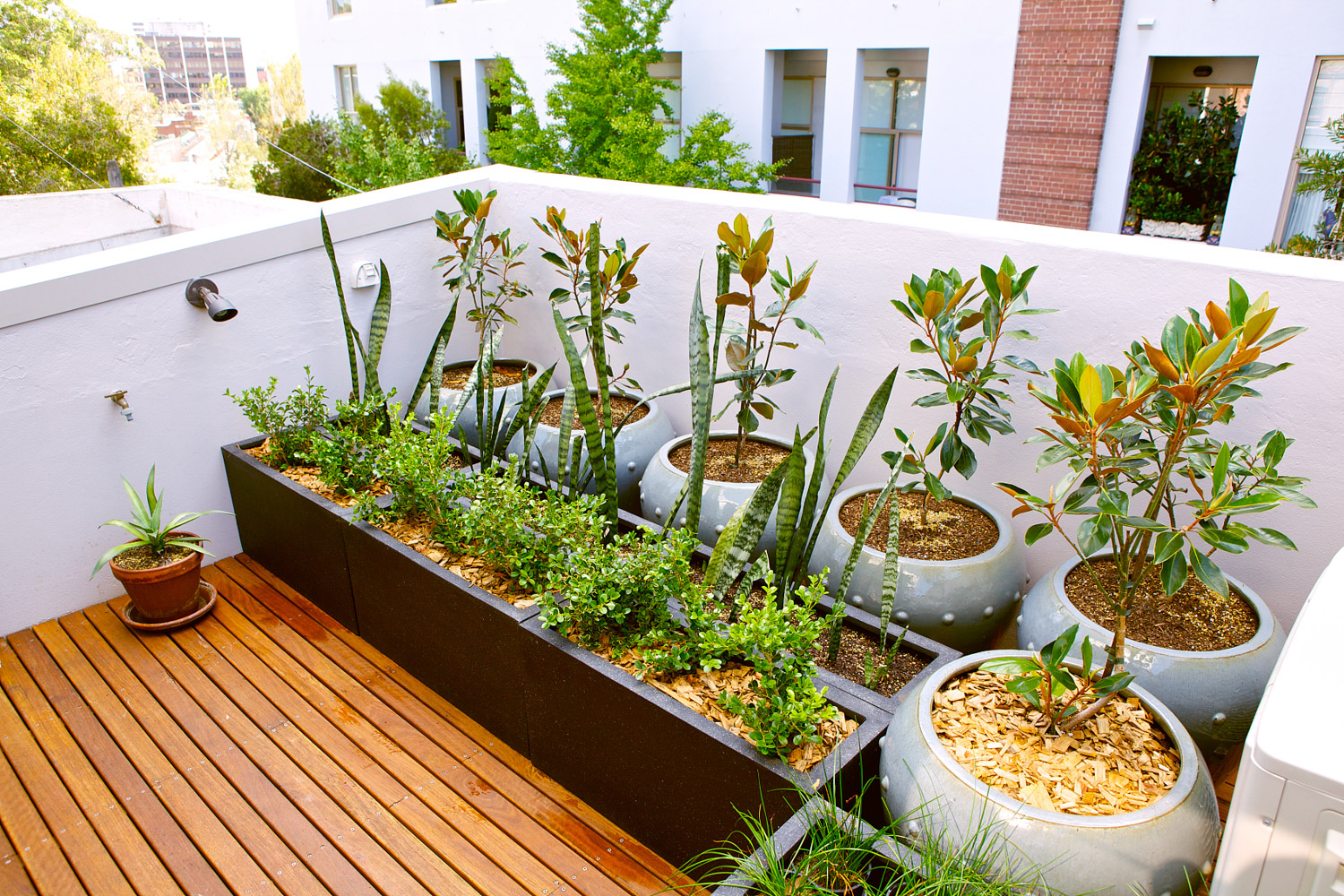
(author: noone4u# source: Rose Bar)
Breathability
Keep flowers for 10 years without changing pots. The most important thing is to keep flowers for 10 years without rotten roots! Rotten roots are because the soil is sticky and the roots of flowers and plants can't breathe. Therefore, in order not to rotten roots, the most important thing is to ensure the air permeability of the soil
Granular soil
To improve soil permeability, some water-insoluble particles need to be added to the soil, such as:
1. Vermiculite
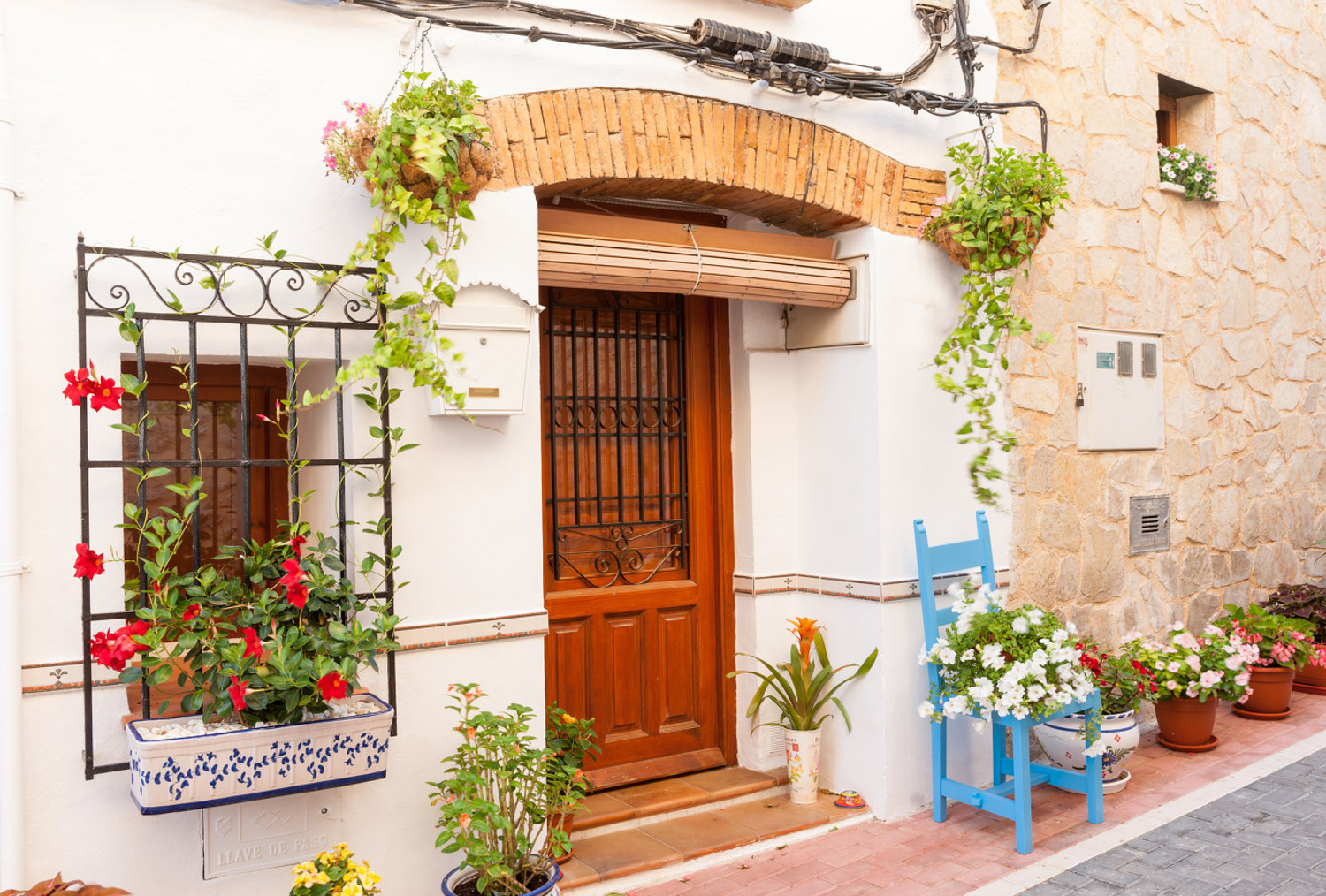
(source: plant network)
2. Perlite
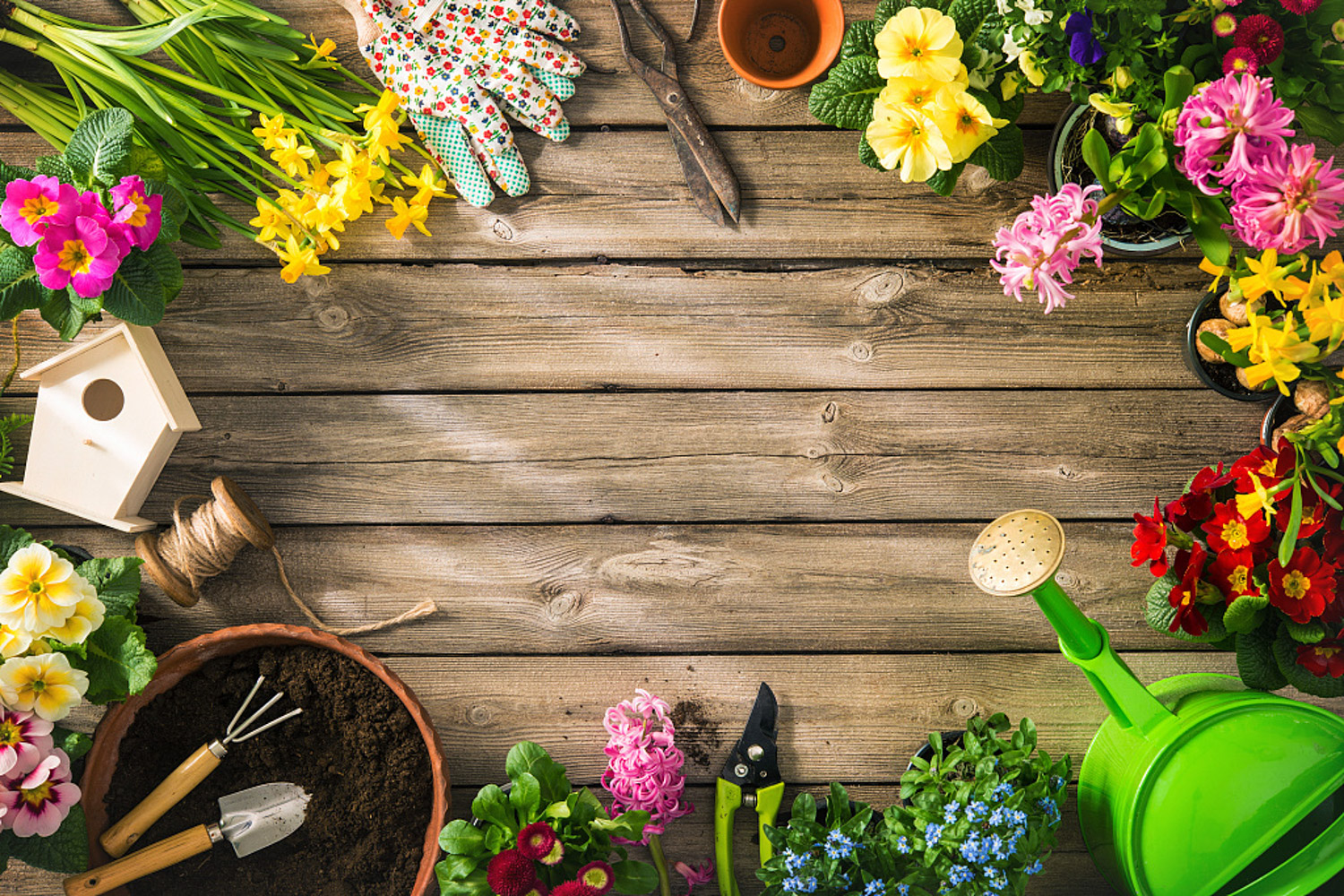
(source: huicong.com)
In addition, there are coal cinder, hematite, Luzhao soil, green zeolite, diatomite, rainbow stone, coarse sand, daily stone, etc
It is worth noting that Maifan stone contains many trace elements required for the growth of flowers and plants, so it can not only improve soil permeability, but also provide nutrients for flowers and plants
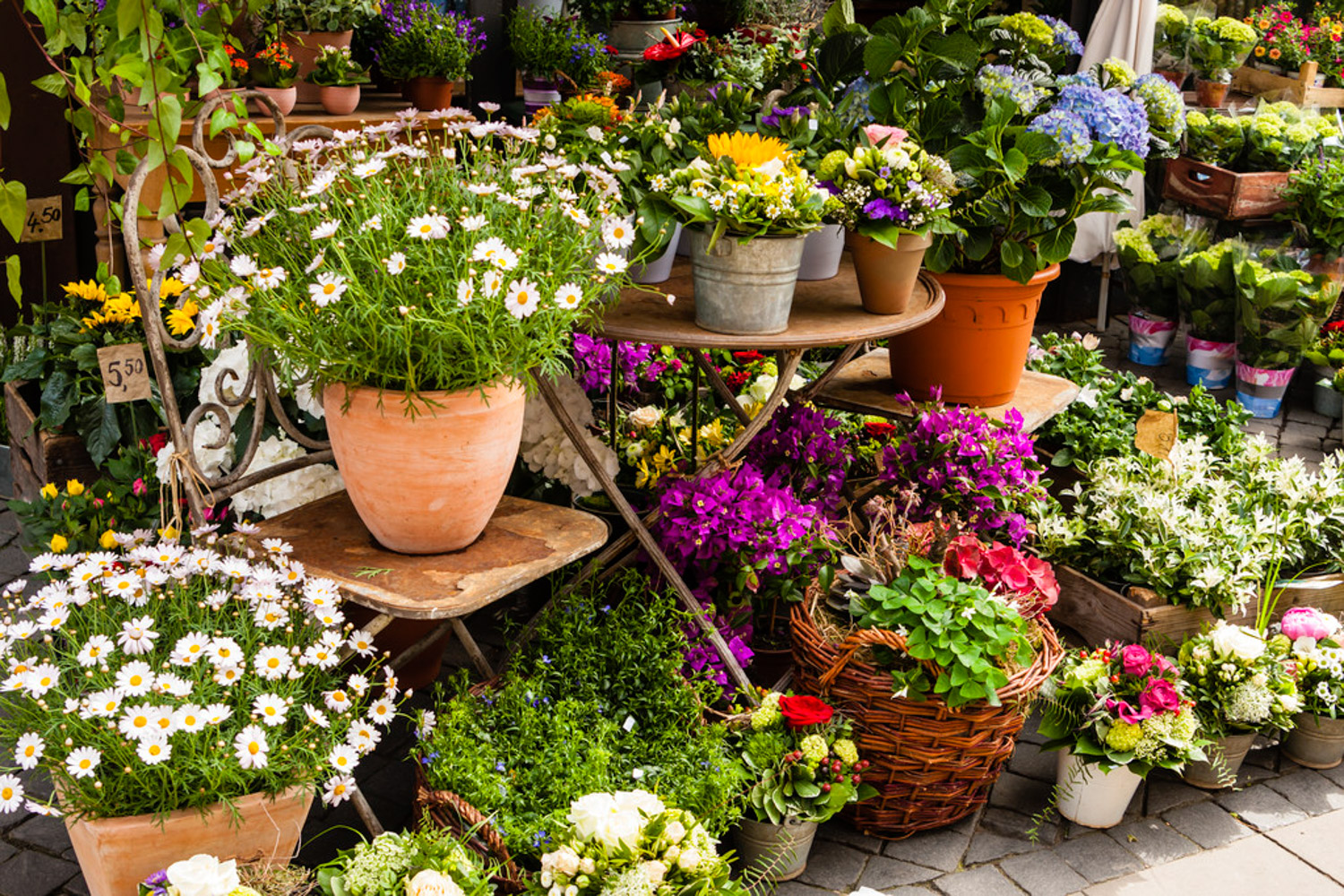
(source: huicong.com)
The proportion of granular soil does not need to be too high. Generally, it is granular soil: nutrient soil = about 3:7. For flowers and plants with fleshy roots such as fleshy and Clivia, the proportion can be adjusted to 4:6 or 1:1
Ceramsite
In addition to granular soil, when raising flowers, it is best to pad a layer of ceramsite or broken bricks at the bottom of the flower pot to prevent ponding and rotten roots
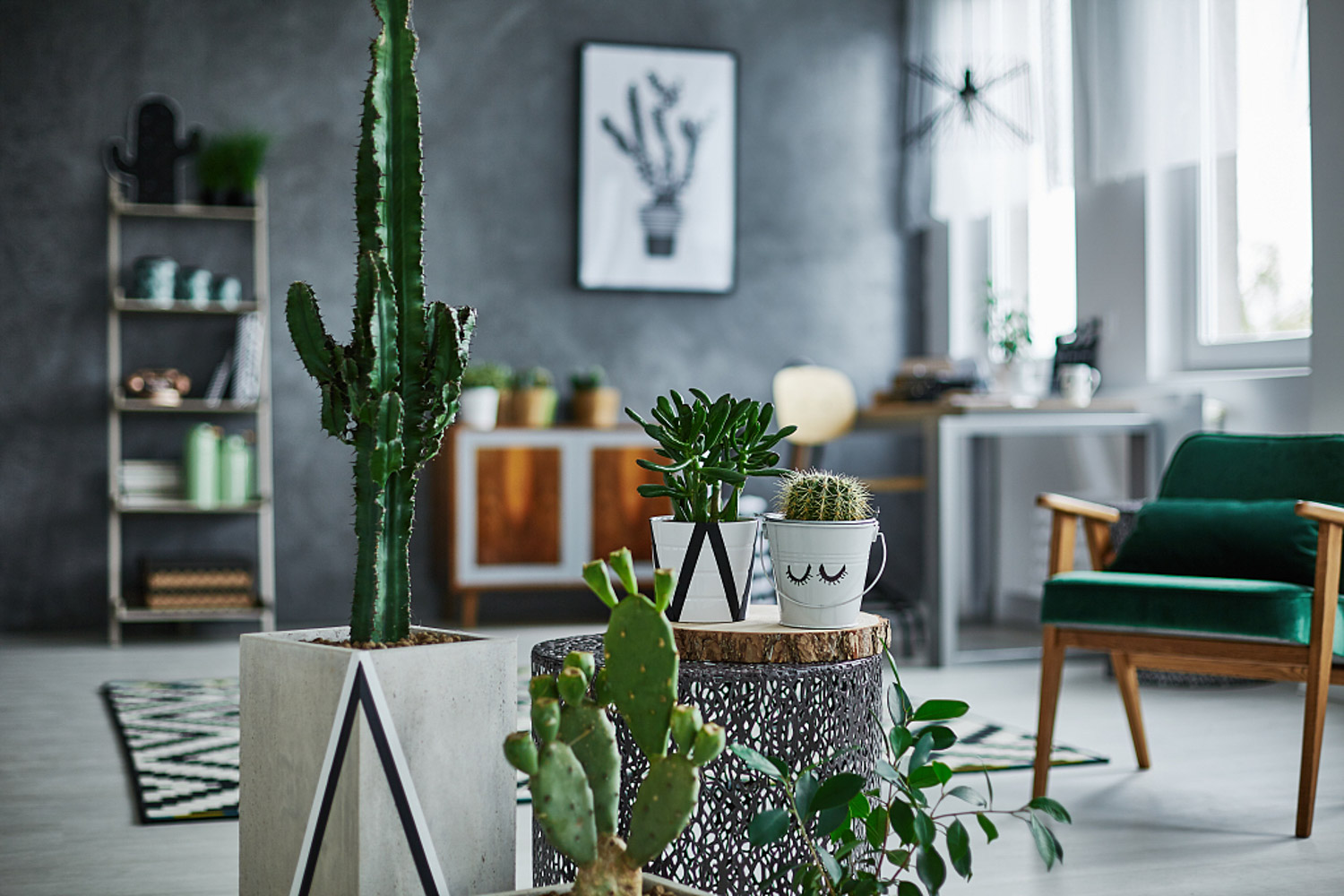
(author: noone4u# source: Rose Bar)
Free plant material
In addition to the purchased granular soil and ceramsite, there are also some things that can be seen everywhere in life. They are suitable for soil, which can not only improve the permeability of soil, but also save money and convenience
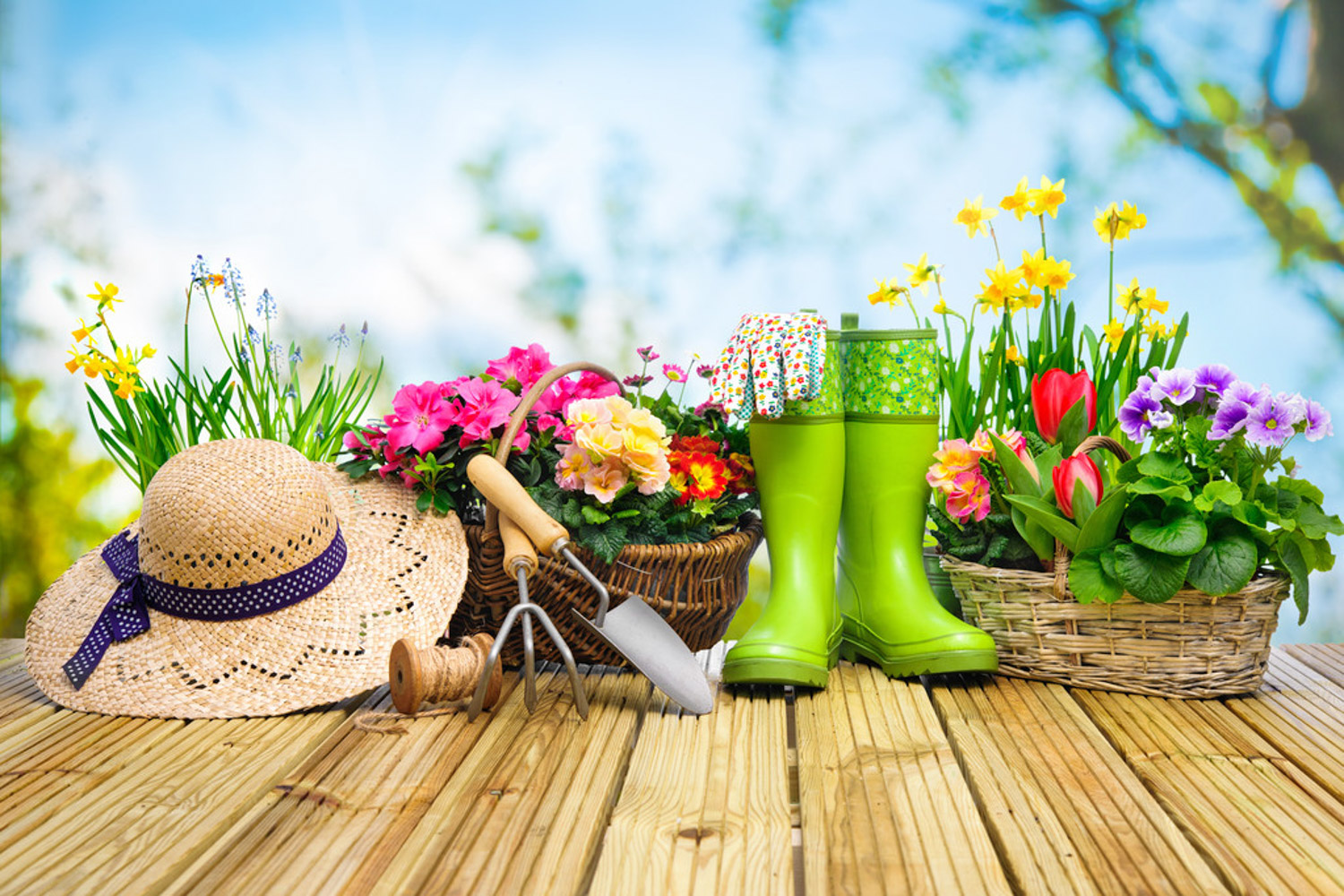
(author: the green dragon on the tip of the tongue source: Northern Clivia bar)
1. Pine needle soil
Pine needle soil is the soil under the pine tree. It is very fertile and loose. It is a good plant material for raising meat and orchids. Pine trees are found in many urban greening, and pine needle soil is also easier to obtain
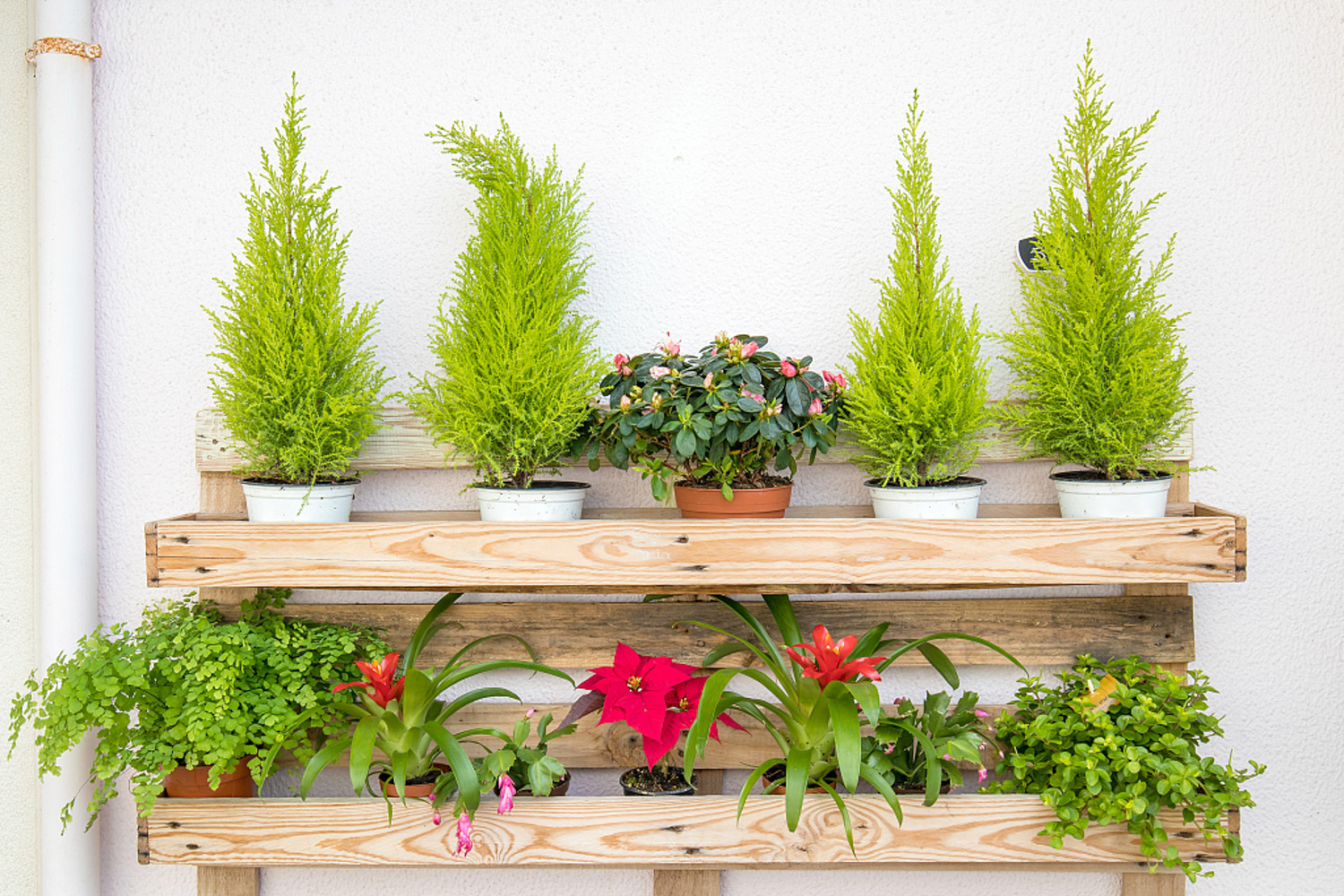
(author: Wang Changwei source: 58 city)
2. Fruit shell
Peanut shell, melon seed shell, happy fruit shell... The shell of these oil crops is very suitable for the soil of Clivia. On the one hand, it is loose and breathable, on the other hand, it can slowly decompose and provide nutrition for Clivia
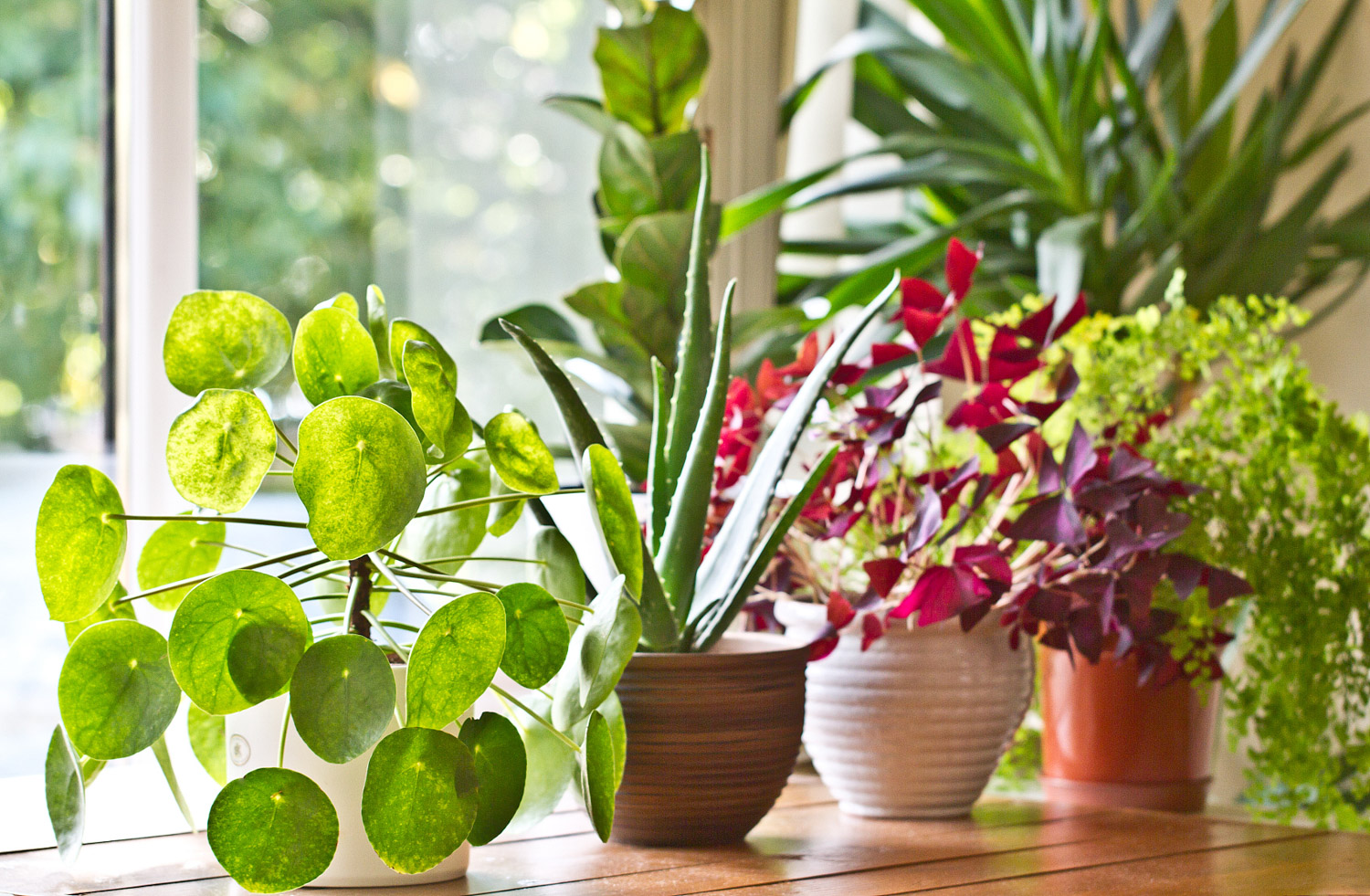
(author: Wulin Meng Zhu, source: Gujiao bar)
Soil hardening
In the process of raising flowers, due to watering and other reasons, the basin soil may be slowly saline and alkaline, resulting in soil hardening, reduced voids in the soil, and it is difficult to water through. At this time, flowers and plants are also easy to rot
Prevention
1. Watering flowers with pure water
Soil hardening is mainly due to watering flowers with tap water. Tap water contains a lot of calcium and magnesium ions, which will remain in the soil when watering, and will lead to soil saline alkali hardening for a long time. Watering flowers with pure water can perfectly avoid this problem
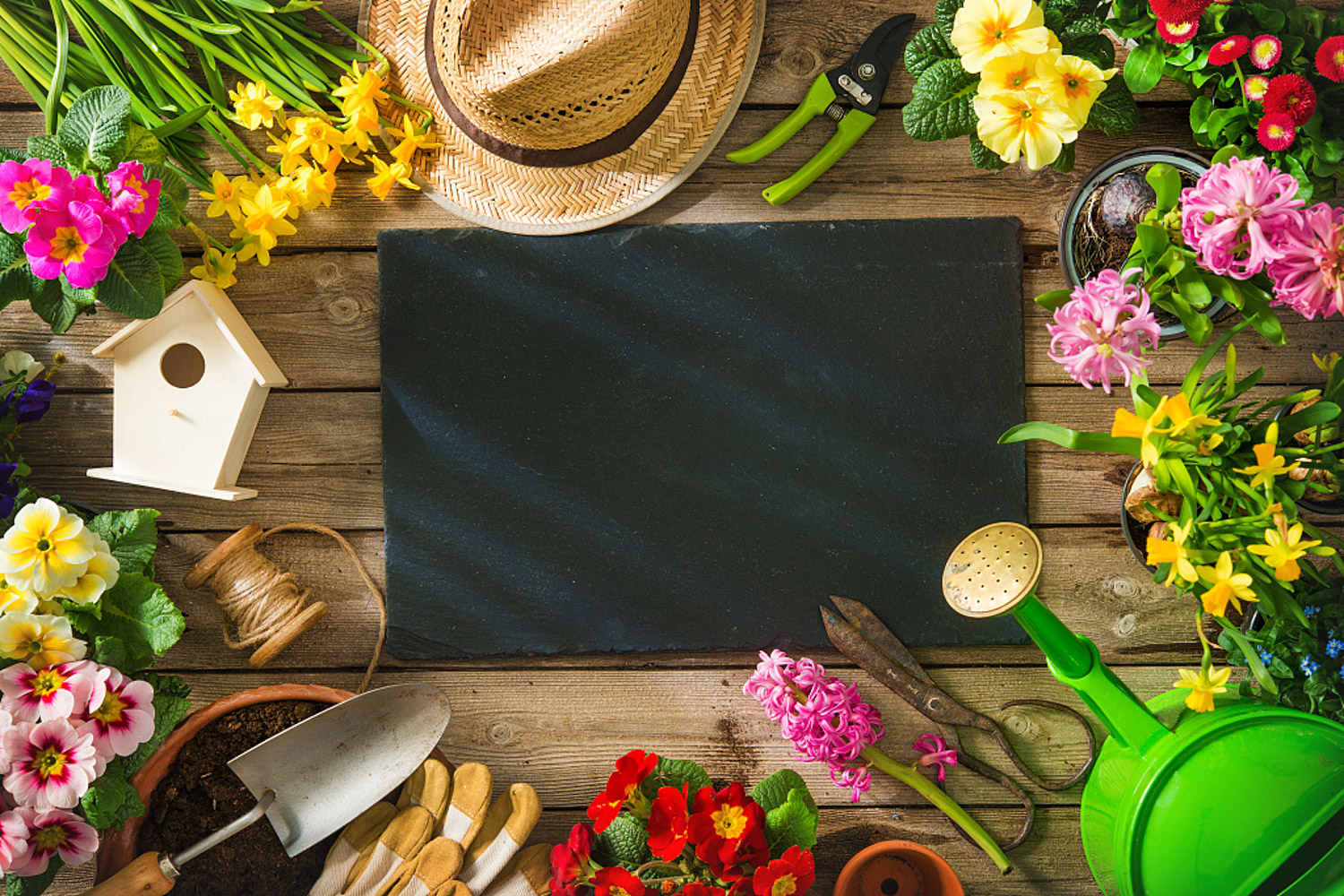
(source: quanshang.com)
2. Planting flowers in rotten leaf soil
In order to prevent soil salinity, you can use acidic soil when planting flowers at the beginning. Generally, rotten leaf soil and pine needle soil are acidic, which is very suitable for gardenia, camellia, jasmine and other southern flowers

(source: qibo.com)
Handle
After the soil has been hardened by saline alkali, some small methods can be used to alleviate it
1. Rice vinegar
Rice vinegar is weakly acidic. When watering flowers, you can add a few drops of rice vinegar to the water to adjust the pH of the soil

(source: Tiantian xinxin.com)
2. Alum fertilizer water
At ordinary times, when applying liquid fertilizer to flowers and plants, alum fertilizer water can be used. It is a kind of acidic liquid fertilizer, which is made of ferrous sulfate, cake fertilizer and water in the ratio of 1:5:100 and sealed fermentation

(source: Yuhua Valley flower network)
3. Rice washing water
Rice washing water is also weakly acidic. When watering flowers, rice washing water can not only adjust the pH of soil, but also provide nutrition for flowers and plants as liquid fertilizer

(source: Tencent Health)
4. Soil salinization and alkali hardening will generally be concentrated on the surface of the basin soil. After hardening, scrape off the basin soil whose surface does not touch the root system and put it back into the loose and fertile soil, which will alleviate a lot of hardening

(author: I build a garden for my daughter. Source: Flower bar)
In fact, as long as you deal with the basin soil
Keep the soil loose and fertile
Raising flowers without changing pots is not a dream
(Note: the pictures come from the Internet and the copyright belongs to the original author. Due to restrictions, some pictures cannot be found and the author has not been marked. If your rights and interests are infringed, please contact Huahua wechat qdxixi or qq1273160598 for deletion or copyright payment.)< span>

 how many times do yo...
how many times do yo... how many planted tre...
how many planted tre... how many pine trees ...
how many pine trees ... how many pecan trees...
how many pecan trees... how many plants comp...
how many plants comp... how many plants can ...
how many plants can ... how many plants and ...
how many plants and ... how many pepper plan...
how many pepper plan...





























